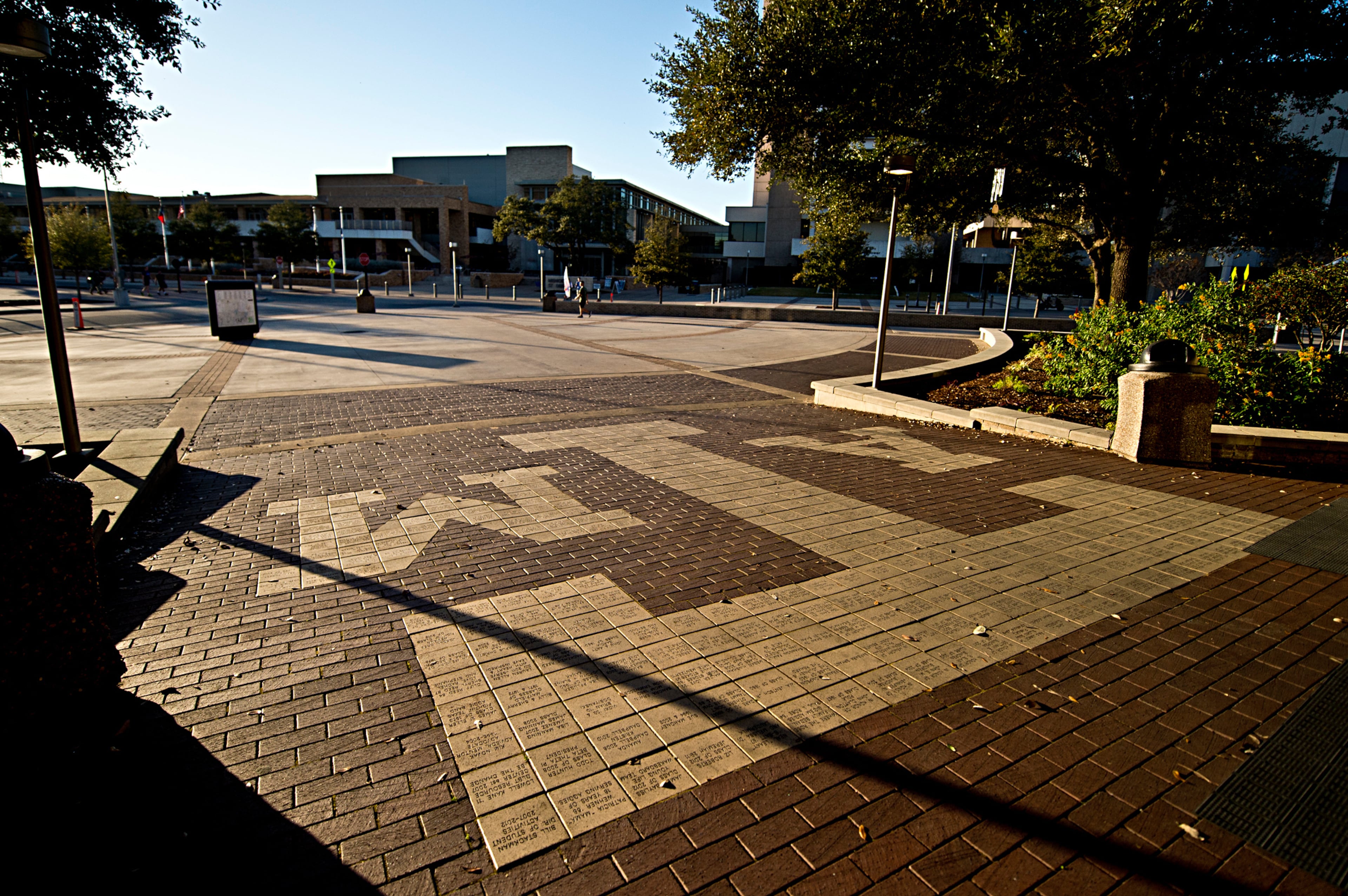Sonny Perdue: Protests at Georgia’s public universities set an example
Over the past commencement season, the nation watched protests unfold on college campuses in Georgia and across the country. These are volatile times, and the political division over the situation in the Middle East has entrenched itself in some of our most esteemed places of learning.
Yet, I couldn’t help but be proud. In the University System of Georgia, we have 26 diverse colleges and universities in all parts of the state — urban, rural, coastal and mountainous. Our faculty and staff are passionate about public higher education, as are our students. Fortunately, as these protests unfolded, there was no violence to mar the end of the semester on USG campuses. Instead, students exercised their First Amendment rights, and our campuses facilitated that effort. If that doesn’t set an example of what our system here in Georgia is about, I don’t know what does.

Our goal as educators in the United States, with the foundation of the First Amendment, is to provide people a forum for disagreement and to be able to speak our minds respectfully and with civil discourse. It fits perfectly with USG’s mission of knowledge, and it complements the fact that students are our top priority. Why repeat our system mission now? Because at USG, we want to develop the brightest minds and most passionate advocates for our future.
USG and our Board of Regents have spent the past year affirming our commitment to protect academic freedom and freedom of expression for all students, faculty and staff. The board and the system value a diversity of intellectual thought and expression among students and faculty. As a matter of mutual respect and civil discourse, we want people to feel free to be expressive with their First Amendment rights on our campuses without being shouted down or called out.
Part of that commitment means being not only transparent but also accountable. Our presidents have skillfully addressed the serious issues our students have brought forward with compassion and restraint. We know that our campus culture comes from the top, and our leadership has modeled that successfully in the face of serious debates. As institutions of higher learning, our schools must foster our First Amendment rights and allow protest. But speech that’s harassing or threatening violence must be stopped. We cannot allow actions that interrupt or interfere with others’ right to learn and live unencumbered.
I watched proudly how, in one week, the University of Georgia in Athens had five protests on campus. Only one, in which the students knowingly did not follow repeated entreaties to stop blocking building and sidewalk access and use centrally located forums for on-campus events, resulted in arrests. President Jere Morehead intervened only when protesting shifted into impeding other students’ right to their education.
We are against unlawful blocking or disrupting the educational opportunities of other students. If students are barricading and setting up encampments and preventing their colleagues, other students, from having the opportunity to gain the education that they paid for, then they are trespassing.
We cannot champion one student’s right to expression over another’s, and we must hold our students and ourselves accountable to that diversity of thought. In teaching our young people to use and value their freedom of speech, we must also teach them to listen as well.
At Kennesaw State University, led by President Kat Schwaig, the Cobb County Sheriff’s Office organized an open forum and listening session. KSU students voiced their concerns, and law enforcement listened and responded. The protests at Kennesaw State were nonviolent, and they resulted in no arrests. This is a model of respectful and intentional debate and dialogue we hold at the core of our institutions.
Kennesaw State students and law enforcement came away feeling that they had been heard and that they had a better understanding of one another. Our campuses are places for inquiry and open dialogue. Students and officers modeled voicing their opinions and listening.
To live together, we all must abide by the rules of society that guide our behavior. If you want to protest, come protest, but do it in a lawful way. You can fully exercise your First Amendment rights on USG campuses, but we cannot have campuses disrupted in a way that interferes with students who are there to get an education and in a way that prevents them from getting that education.
As universities and colleges, it’s our role to help people understand how to disagree agreeably. Our role is helping to provide the safest and highest quality environment for students to learn, to get an education to get a job and then a career.
In our system, we say that our degrees are a million-dollar deal, because data show USG bachelor’s graduates will earn more than a million dollars more in their lifetimes than they would without their college degree. Higher education can be transformational. USG colleges and universities change students’ lives. A big part of that is the way we model community and citizenship. And it includes teaching people how to use the constitutional freedom of free speech while listening to others without shouting them down. In doing that, it’s amazing what you might learn.
Sonny Perdue is chancellor of the University System of Georgia.


